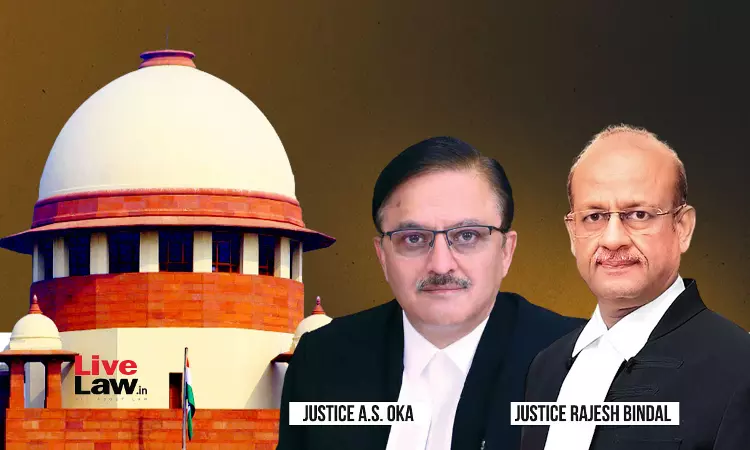The Supreme Court has held that a Constitutional Court, while exercising its power of judicial review, cannot decide the case as if it is the first stage of the case, as if inquiry is still being conducted and inquiry report being prepared. Evidence cannot be reappreciated at the stage of judicial review in a disciplinary proceeding as if conviction in a criminal trial is being re-examined by...

